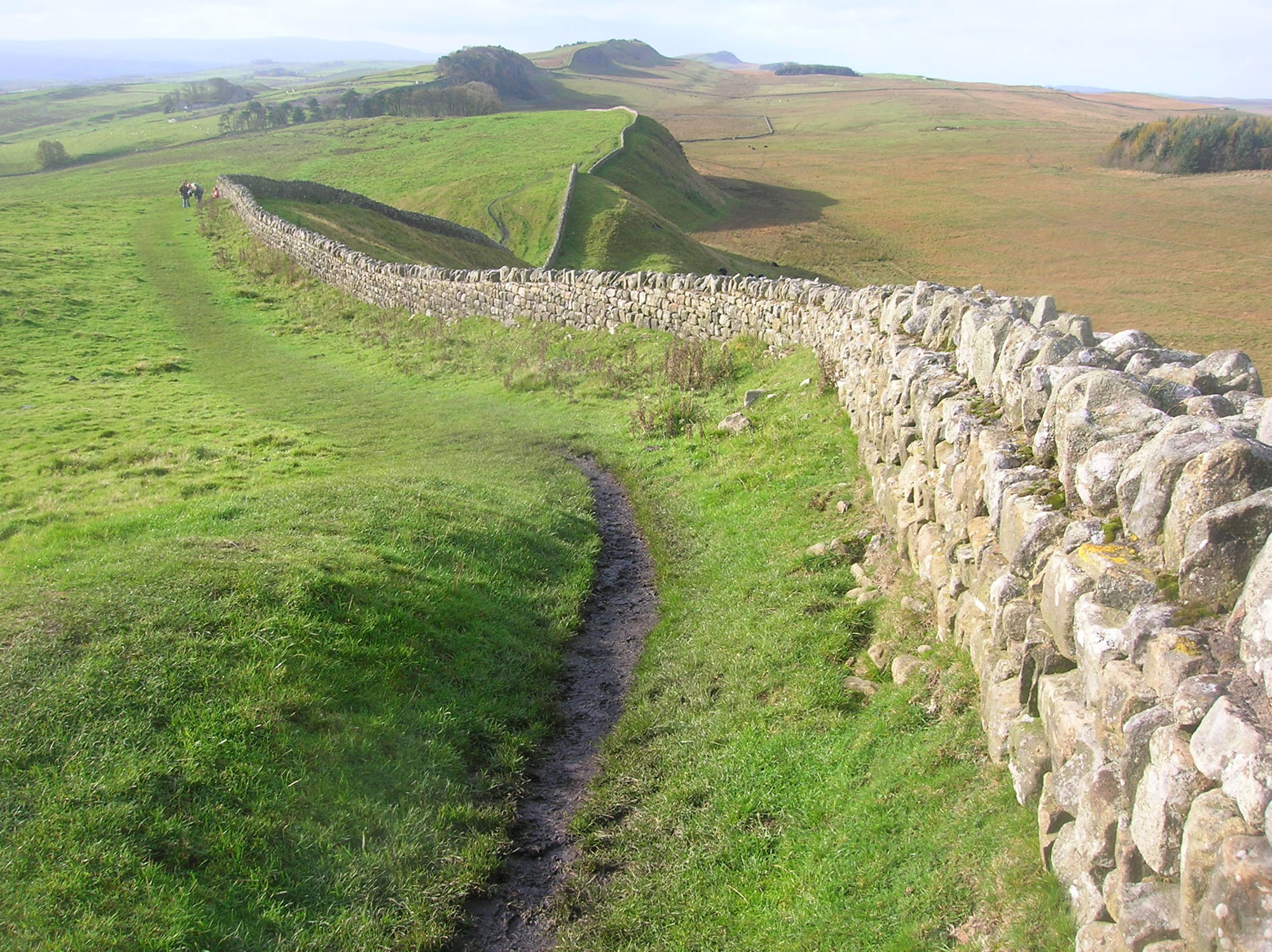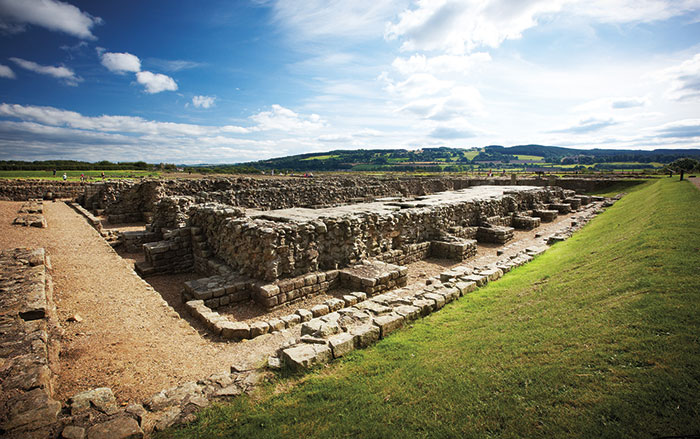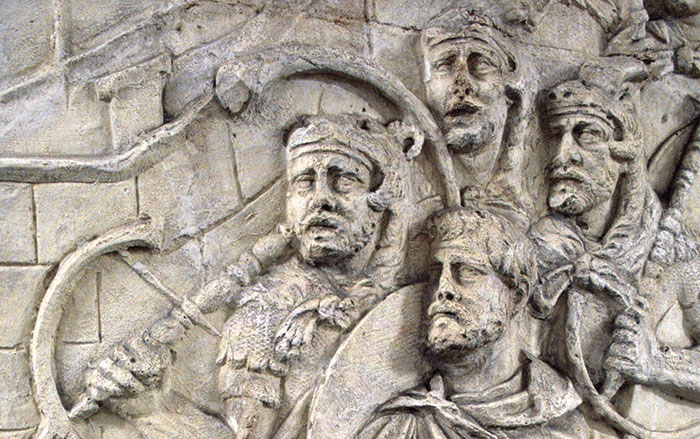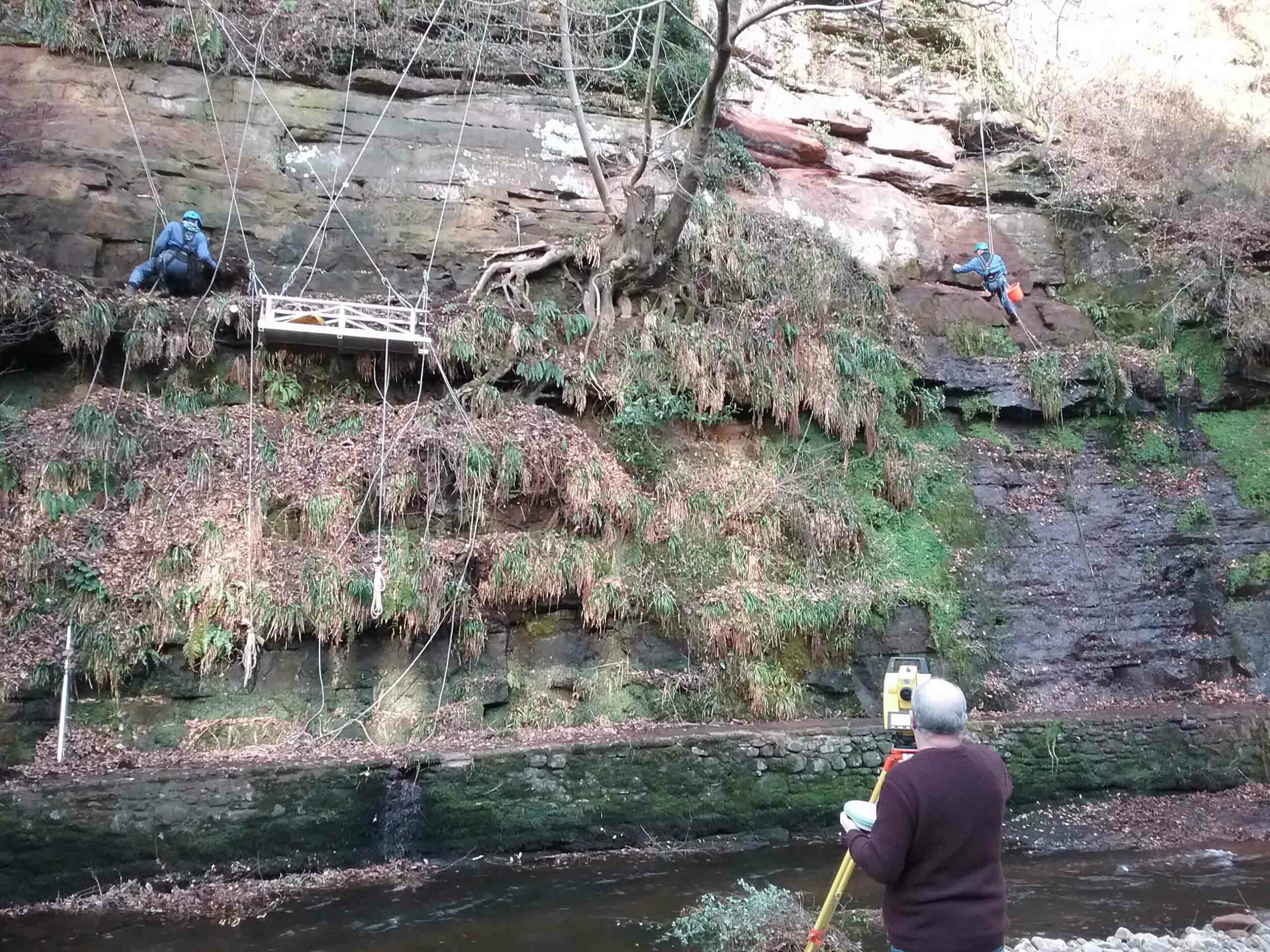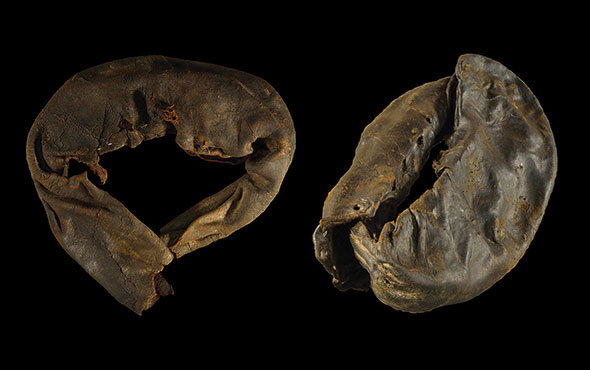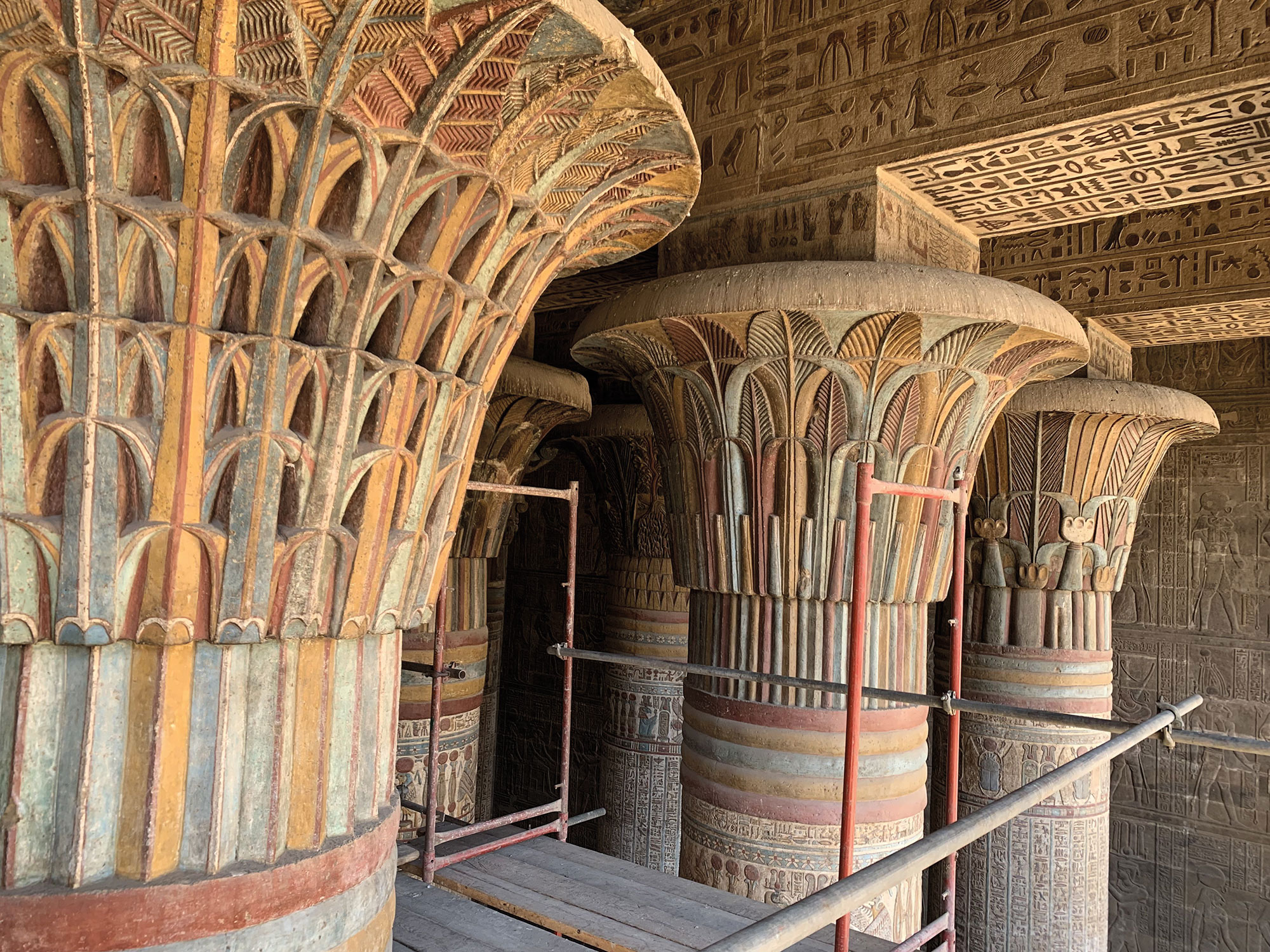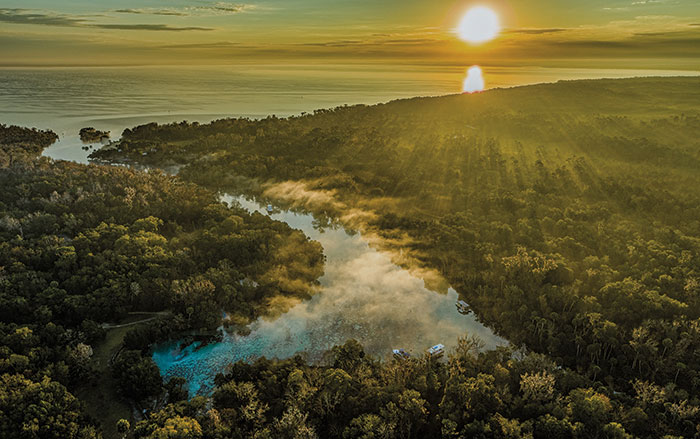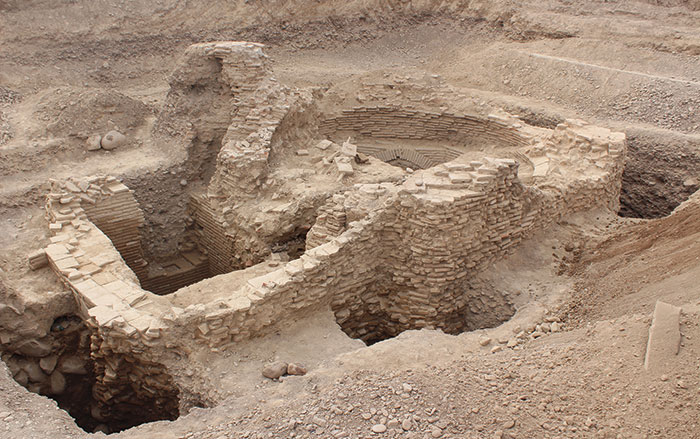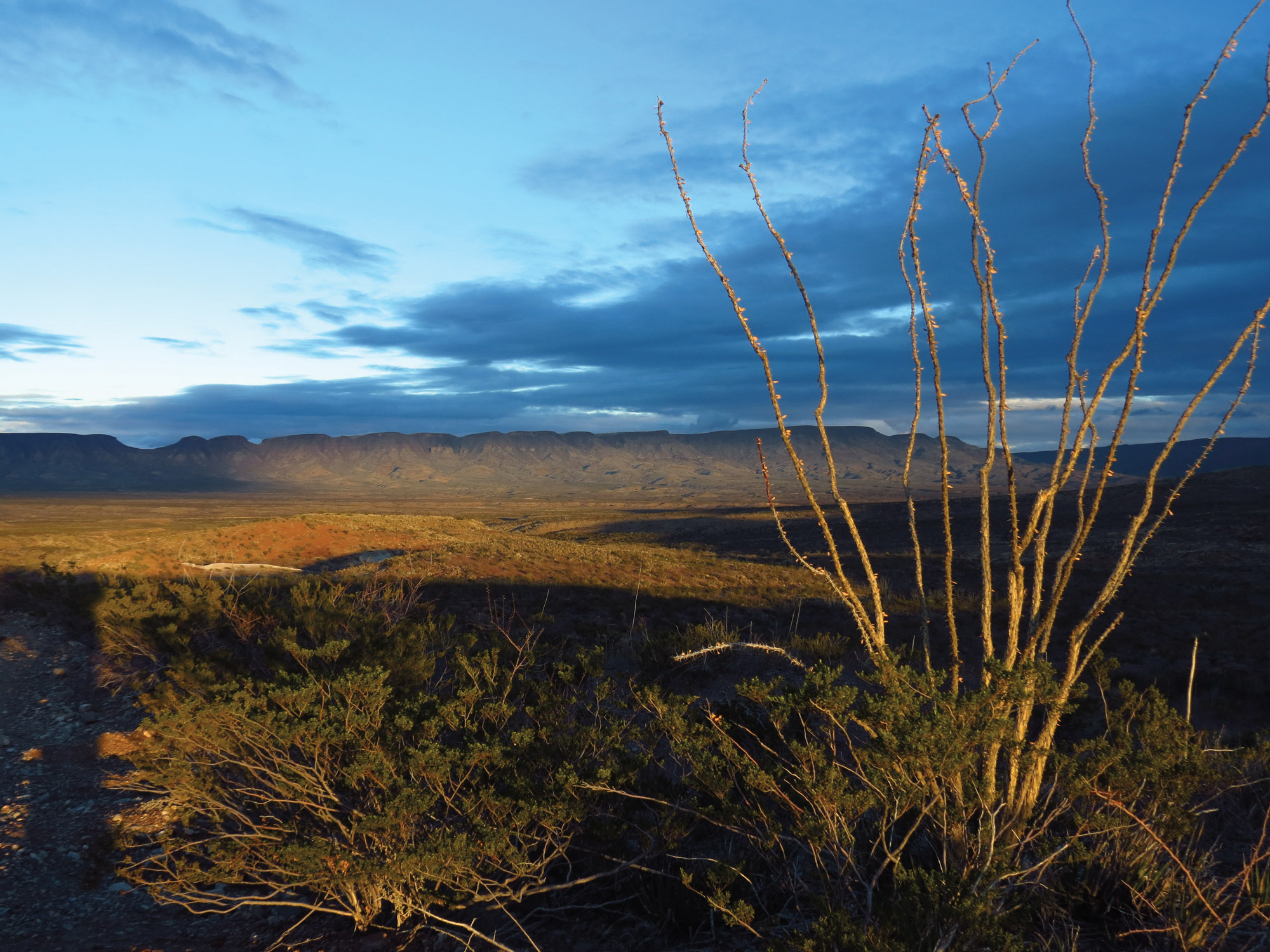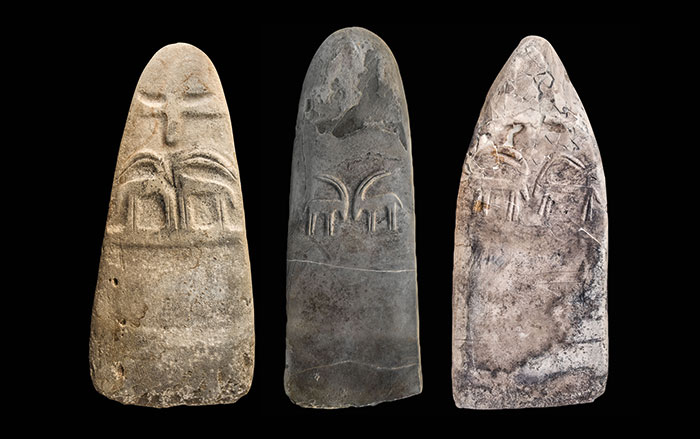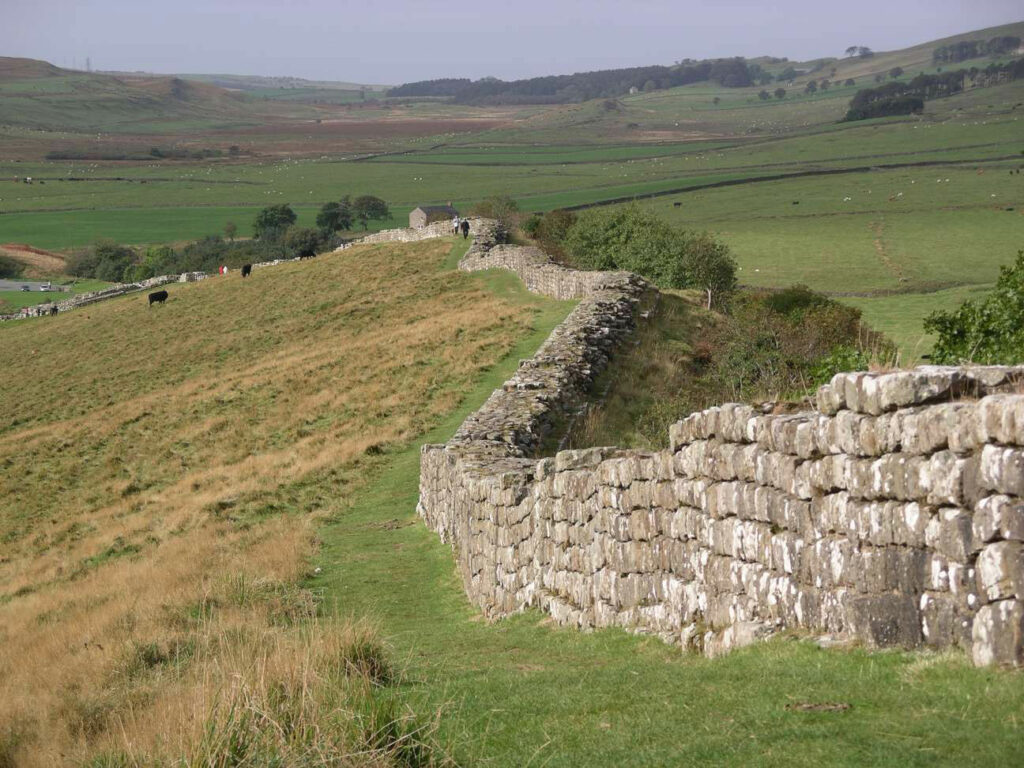
CAMBRIDGE, ENGLAND—Was the Barbarian Conspiracy, a turning point in Romano-British history, caused by climate change? In A.D. 367, soldiers stationed along Hadrian’s Wall, which formed the border between the Roman Empire and Scotland, rebelled against their commanders, some of whom were killed, while other troops deserted. The rebellion and breakdown in the Romans’ defenses allowed Pictish peoples from beyond the border to invade the empire from the north. At the same time, the Scotti invaded the west of the island from Ireland and the Saxons sailed across the English Channel and invaded the south. It was the most serious threat to the empire in centuries, and one from which the Romans would never recover. A team from the University of Cambridge has studied oak-tree rings and found that there were periods of extreme drought in the summers of A.D. 364, 365, and 366. They suggest that these extremely dry conditions affected the Romans’ main crops, spring-sown wheat and barley, and set the stage for the rebellions. “Three consecutive droughts would have had a devastating impact on the productivity of Roman Britain’s most important agricultural region. As Roman writers tell us, this resulted in food shortages with all of the destabilizing societal effects this brings,” says environmental systems analyst Ulf Büntgen in a University of Cambridge press release. The last Roman governors left England less than 50 years after the so-called conspiracy, ending nearly 400 years of Roman rule in Britain. To read about excavations along Hadrian’s Wall, go to “The Wall at the End of the Empire.”


